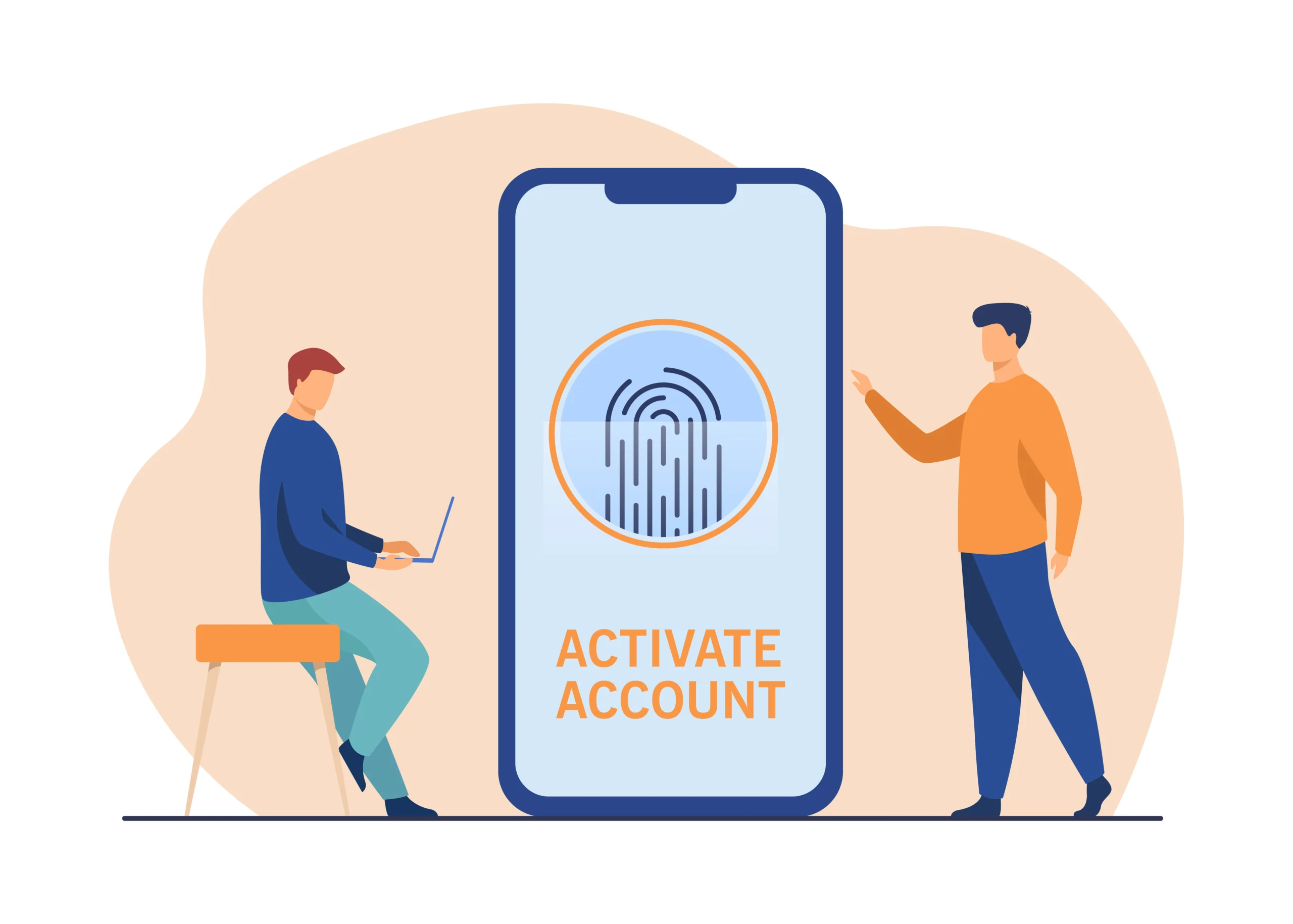Global Positioning System (GPS) technology has revolutionized how we navigate and find our way in the world. From driving directions to tracking fitness goals, GPS has become an integral part of modern life. This article offers a thorough guide on how to use GPS effectively, covering the technology behind it, various applications, and practical tips for optimal use.
Understanding GPS Technology
What is GPS?
Global Positioning System (GPS) is a satellite-based navigation system that provides location and time information anywhere on Earth, 24/7, and in all weather conditions. Developed by the United States Department of Defense, GPS consists of a constellation of satellites orbiting the Earth, ground control stations, and GPS receivers.
Components of GPS
- Satellites: The GPS constellation comprises at least 24 satellites orbiting the Earth. They transmit signals that GPS receivers use to determine location.
- Ground Control Stations: These stations monitor and control the satellites, ensuring their proper functioning and accuracy.
- Receivers: GPS receivers, found in devices like smartphones, car navigation systems, and handheld units, receive signals from satellites and calculate the user’s position.
How GPS Works
GPS operates based on the principle of trilateration. By receiving signals from multiple satellites, a GPS receiver calculates its distance from each satellite. Using these distances, it determines the user’s exact location on Earth. This process involves:
- Signal Transmission: Satellites broadcast signals that include their location and the time the signal was sent.
- Distance Calculation: The receiver calculates the distance from each satellite based on the time it took for the signal to reach it.
- Position Determination: The receiver uses the distances to triangulate its position and provide location data.
Applications of GPS
Navigating with GPS
GPS is widely used for navigation, making it easier to travel from one location to another. Here’s how you can use GPS for navigation:
Using GPS on Smartphones
- Install Navigation Apps: Download popular navigation apps like Google Maps, Apple Maps, or Waze from your device’s app store.
- Enter Destination: Input your destination into the app and select your preferred route.
- Follow Directions: The app will provide turn-by-turn directions and real-time traffic updates.
Using GPS in Vehicles
- Built-In GPS Systems: Many modern vehicles come with integrated GPS systems. Enter your destination using the vehicle’s navigation interface.
- Portable GPS Devices: Standalone GPS devices can be mounted on your dashboard. Follow the on-screen instructions to set your route.
Tracking Fitness and Activities
GPS is also used in fitness trackers and smartwatches to monitor physical activities. Here’s how you can use GPS for fitness tracking:
Using Fitness Apps
- Select a Fitness App: Choose an app that supports GPS tracking, such as Strava, Runkeeper, or MapMyRun.
- Start Tracking: Begin your workout, and the app will record your route, distance, speed, and other metrics.
- Review Data: After your workout, review the data to analyze your performance and progress.
Using Wearable Devices
- Wear the Device: Put on a GPS-enabled fitness tracker or smartwatch.
- Track Activities: The device will automatically track your routes and provide detailed statistics.
Location-Based Services
GPS is integral to various location-based services, including:
- Geotagging Photos: Many smartphones automatically add location information to your photos, which can be useful for organizing and sharing images.
- Finding Local Services: GPS helps you find nearby restaurants, gas stations, and other services based on your current location.
- Emergency Services: GPS can assist emergency responders in locating you quickly during a crisis.
Tips for Effective GPS Use
Ensure Accurate Location
For accurate GPS positioning, consider the following tips:
- Clear View of the Sky: GPS signals are stronger and more accurate when the receiver has a clear view of the sky. Avoid using GPS indoors or in areas with heavy obstructions.
- Update Software: Keep your GPS software and navigation apps up to date to ensure you have the latest maps and features.
- Check Battery Life: GPS functions can drain your device’s battery quickly. Ensure your device is fully charged or carry a portable charger.
Addressing GPS Limitations
While GPS is highly accurate, it does have limitations:
- Signal Interference: GPS signals can be affected by tall buildings, dense forests, and atmospheric conditions. In such cases, accuracy may be reduced.
- Device Accuracy: The accuracy of GPS can vary depending on the quality of the receiver and the technology used.
Use GPS Responsibly
- Avoid Distracted Driving: When using GPS in a vehicle, ensure that you are not distracted from driving. Use voice-guided navigation and minimize manual adjustments while on the road.
- Respect Privacy: Be mindful of sharing your location information and avoid sharing it with unauthorized parties.
Troubleshooting Common GPS Issues
Poor Signal Reception
If you experience poor GPS signal reception, try these solutions:
- Move to an Open Area: Relocate to a place with fewer obstructions, such as an open field or parking lot.
- Restart Device: Sometimes, restarting your device can resolve minor GPS issues.
Incorrect Location Data
If your GPS provides incorrect location data:
- Check for Updates: Ensure that your GPS device or app is updated to the latest version.
- Calibrate GPS: Some devices allow for manual calibration of GPS settings. Refer to your device’s instructions for calibration steps.
GPS Not Working
If GPS is not functioning at all:
- Verify Settings: Ensure that GPS is enabled in your device’s settings.
- Reinstall App: Reinstalling the navigation app or GPS software may resolve issues related to malfunctioning applications.
Conclusion
GPS technology has transformed the way we navigate and access location-based services. By understanding how GPS works, exploring its various applications, and following best practices for effective use, you can make the most of this powerful tool. Whether you’re navigating to a new destination, tracking your fitness journey, or leveraging location-based services, GPS offers invaluable assistance in your daily life. Embrace the convenience and accuracy of GPS, and navigate the world with confidence.


